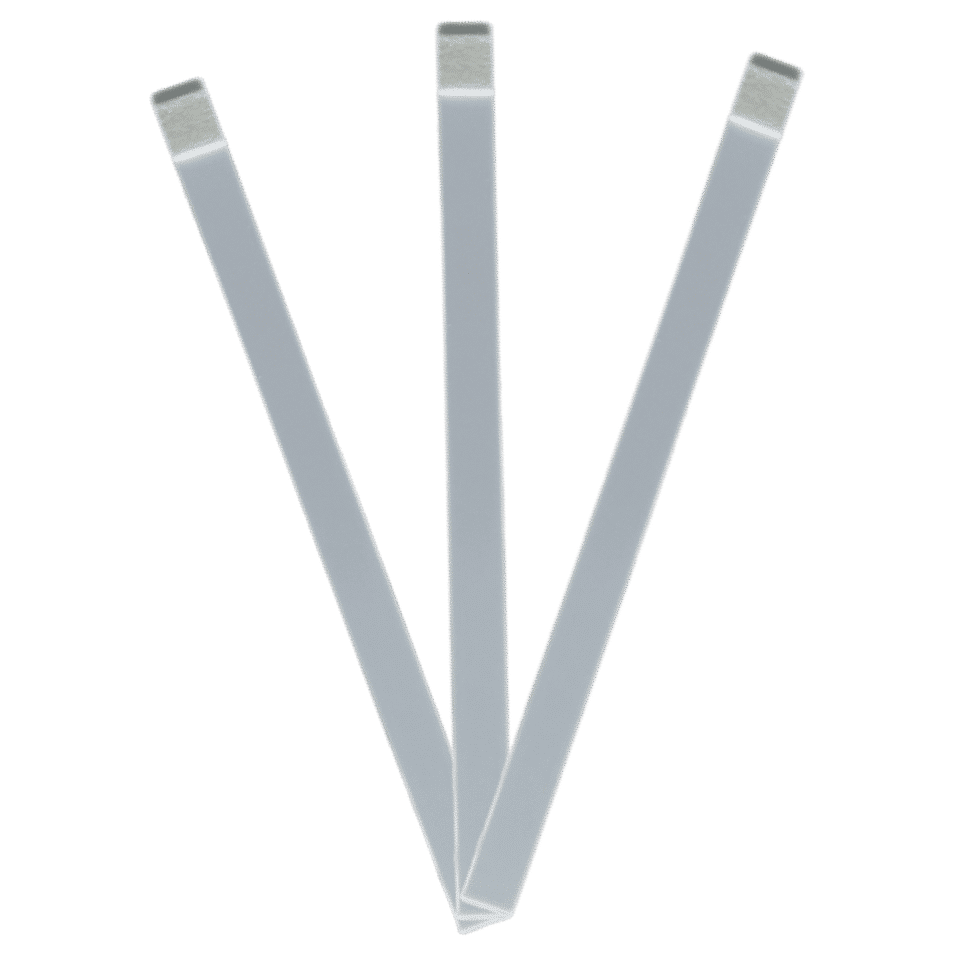The Alcohol Saliva Test, also known as a Saliva Alcohol Test, is a diagnostic tool designed to detect the presence of alcohol in an individual’s saliva. This type of test is commonly used for alcohol screening in various settings, including workplace testing, law enforcement, and other situations where a rapid and non-invasive alcohol test is needed.
Key Features:
- Non-Invasive Testing: The saliva alcohol test provides a non-invasive method of alcohol screening. It eliminates the need for urine or blood samples, making the testing process more convenient and less intrusive.
- Rapid Results: This test provides quick results, typically within a few minutes. The rapid turnaround time makes it suitable for on-the-spot testing and immediate decision-making.
- Detection of Ethanol: The test is specifically designed to detect the presence of ethanol, the type of alcohol found in alcoholic beverages, in saliva. Ethanol is one of the primary markers used to indicate recent alcohol consumption.
- High Sensitivity: Saliva alcohol tests are highly sensitive, allowing for the detection of low levels of alcohol in the saliva sample. This sensitivity contributes to the accuracy of the results.
- User-Friendly: The test is designed to be user-friendly, with simple instructions for use. It often comes in the form of a test strip or device that can be easily administered by individuals without specialized training.
How to Use:
- Collection of Saliva Sample: The individual being tested provides a saliva sample, usually by swabbing the inside of their mouth with the provided collection device.
- Application of Sample to Test Device: The collected saliva is then applied to the designated area on the test device or strip.
- Wait for Results: Allow the test device to react with the saliva for the specified time mentioned in the product instructions.
- Interpret Results: Check for the appearance of lines or color changes on the test device. The presence or absence of these indicators helps determine the test result.
It’s important to note that while saliva alcohol tests are effective for detecting recent alcohol consumption, they may not necessarily reflect impairment at the time of testing. Confirmatory testing may be required for positive results in certain situations.
Saliva Alcohol Test is a diagnostic tool designed for the rapid and non-invasive detection of alcohol in an individual’s saliva. This type of test is widely used in various settings where immediate and efficient alcohol screening is essential. Here are some more details on its features and applications:
Applications:
- Workplace Testing: Employers use the Saliva Alcohol Test for workplace drug and alcohol screening to ensure a safe and productive work environment. It is particularly useful in industries where alcohol impairment could pose a risk, such as transportation and heavy machinery operation.
- Law Enforcement: Law enforcement agencies utilize these tests during roadside checks and sobriety checkpoints to quickly determine if an individual has recently consumed alcohol. It aids officers in making timely decisions regarding further testing or actions.
- Clinical Settings: Medical professionals may use saliva alcohol tests in healthcare settings to assess patients’ alcohol consumption patterns. It offers a quick and convenient way to screen for recent alcohol use.
- Rehabilitation Programs: Saliva alcohol testing is employed in rehabilitation and addiction treatment programs to monitor and support individuals in their journey towards sobriety.
- Legal Proceedings: These tests may be used in legal cases, probation monitoring, or custody disputes where alcohol use is a relevant factor.
Key Components:
- Detection of Ethanol: The test is specifically designed to identify ethanol, the primary type of alcohol found in alcoholic beverages. The detection of ethanol in saliva serves as an indicator of recent alcohol consumption.
- Rapid Results: The test provides results within minutes, allowing for immediate decision-making. This quick turnaround time is crucial in scenarios where timely information is needed.
- Ease of Use: Saliva alcohol tests are user-friendly, designed to be administered with ease. They often come in the form of test strips or devices that require minimal training for effective use.
- Non-Invasive Nature: The non-invasive collection of saliva makes this testing method more comfortable for individuals compared to blood or urine tests.
Overall, the Alcohol Saliva Test is a valuable tool in situations where a rapid and non-invasive assessment of alcohol consumption is necessary.
FORENSIC USE PRODUCT
This is a Forensic Use Only device and is intended for use only in drugs of abuse testing for law enforcement purposes.
Appropriate users of such devices include, for example, court systems, police departments, probation/parole offices, juvenile detention centers, prisons, jails, correction centers, and other similar law enforcement entities, or laboratories or other establishments performing forensic testing for these entities.
Some drug test kits that test for Fentanyl, and specialty tests, like the K2/Spice, Alcohol (ALC), Cotinine (COT), Ethyl-Glucuronide(ETG), Fentanyl(FEN), Synthetic Marijuana (K2), Ketamine (KET), Lysergic Acid Diethylamide (LSD), Methaqualone (MQL), Bath Salts (MDPV), Kratom (Krat), Tianeptine (ZAZA), Xylazine Psilocybin(Mushrooms) drug test, fall under the category of Forensic Use Only.
These designations are clearly marked on the product’s page. Some saliva/oral-based drug detection devices are for forensic use only. However, if you have any doubts about the intended use and setting for any rapid screening device, it’s advisable to contact dean@buydrugtestcup.com.



















